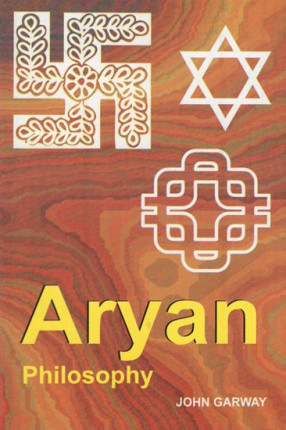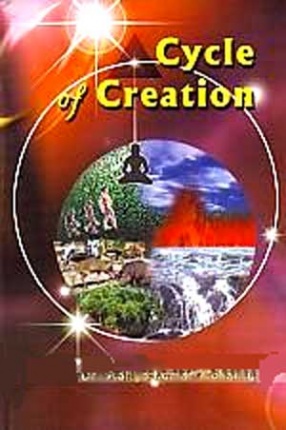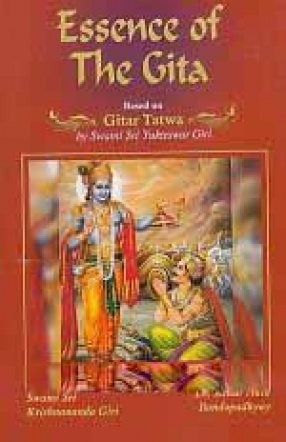Aryan Philosophy
It is a pleasure and a privilege to write a foreword to this small pamphlet. Possibly some readers may find fault with the data from which conclusions have been drawn, or criticise the reasoning which has proved some propositions. But very few will be able to deny the grandeur of the ideal dilated upon in these few pages. That the spirit or mind must prevail in the end, is not a new cry, but from time to time it needs a new orientation to attract the attention of men and make them strive for the ideal. The whole of Europe and a large part of the Eastern Hemisphere are again passing through unparalleled tribulations and those whose liberties are being trampled upon are again paying at least a lip homage to this great ideal. But how to achieve it, is the great question? The author of this little brochure has drawn pointed attention to the fact that until a large majority of men of these nations become selfless in their conduct by choice, the ideal cannot be achieved. I may mention in passing that the greatness and power of the aggressor also consist in the fact that he had by force made every citizen of his country act selflessly in the interest of the State. What is based on force is tyranny and men acting selflessly under duress for material ends, instead of achieving peace of mind and thus be-coming instruments of doing good to their neighbours, have allowed themselves to be used for their subjugation and destruction. This men-ace can only be averted by an organisation of men who will act selflessly of their own free will. And if this lesson is grasped by even a small number of readers of this pamphlet, the purpose of the writer would have been more than achieved. The writer is a British army officer who has asked me to say that it is written without any relation to political creeds or religious tenets. He has served among Indians of many different kinds of belief and would be very loath to offend the sensibilities of any. He has found in military service a kind of freemasonry that rises above differences of personal opinion, and he has written this essay accordingly as an attempt to reach the simple truth of what we think and why we think it. But I would, on my own behalf, appeal to all Indians and Britons who believe in the greatness of the ideal whether the time is not now ripe to come together and achieve unity for this great end. Privations and troubles will not have been in vain, if they purify our nature, burn the dross and awaken the noblest in us. In the end I congratulate the author on this noble attempt.
Get it now and save 10%
BECOME A MEMBER







Bibliographic information